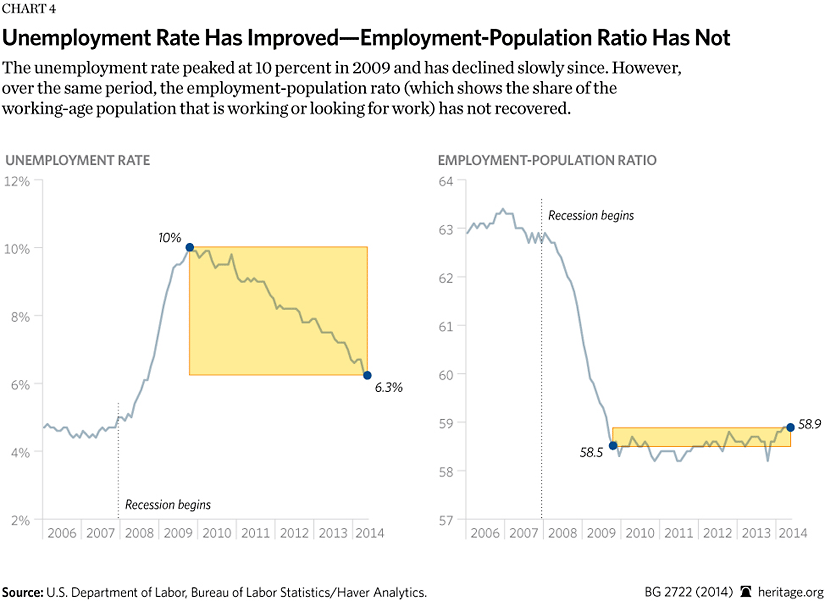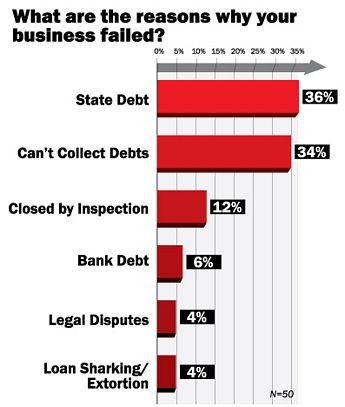How Do High Small Business Corporate Tax Rates Hurt The Economy
Post on: 16 Март, 2015 No Comment

What I Learned From My MBA Students
You can opt-out at any time.
Please refer to our privacy policy for contact information.
Twice a year I teach a 3-day, all day macroeconomics boot camp to a group of 60 incoming MBA students. The course is a Econ 101 style-course that considers economic variables (inflation, interest rates, unemployment, etc.), shocks to the economy (both demand and supply shocks) and policy (both fiscal and monetary). I have noticed that the students (most of which have spent many years working in the private sector) and I think differently about policy questions. Although I am the ‘teacher’, I have been learning as much from them as they have from me.
One issue we discuss a lot is government spending — how increasing government spending increases aggregate demand and has a stimulus effect on the economy. But we also need to consider how that spending is to be paid for (cutting spending elsewhere, increased deficits, increasing taxes).
When I think about the drawbacks of increasing government spending through increasing taxes, particularly taxes on business investment, I always think about substitution effects — such as:
- High investment tax rates cause international investors to switch their investments to countries with more favorable tax regimes.
Before I present any of these ideas, I ask the students why raising investment tax rates on business may have negative economic consequences. I have been teaching this course for years, and every single time, without fail, they give me a story about income effects:

- If you take that money away from business, then they won’t have the resources to expand and enter into new projects.
The first few times I taught the course, I suggested that while that might be true, companies could always borrow the money if presented with a profitable project, so while income effects are important, they are likely dwarfed by substitution effects.
However, after co-founding a small business over 3 years ago, I am starting to think the students are, in fact, correct — that for small and medium-sized enterprises income effects are vitally important and I was wrong to marginalise them.
Consider the wide spread between the interest rates small businesses can earn on their savings and the interest rates they must pay to finance projects. In Canada, a small business can open a savings account with a credit union or a bank and receive an interest rate in the neighborhood of prime-minus-one percent. However, if that same small business tries takes a loan for an investment that lacks an obvious collateral value, such as a database or a specialized piece of equipment, they will be charged something in the neighborhood of prime -plus-seven or plus-eight percent. The last business loan our company qualified for was at 13.5 percent, while at the same time my personal variable rate mortgage was at 4.5 percent. The big difference is due to the fact that the bank can foreclose on my house if we default, but many business loans are for items with little re-sale value on the open market, so there is no obvious source of collateral.
Under these circumstances, if a company finances a project out of pocket, it pays, in an opportunity cost sense, an implicit interest rate of prime-minus-one. However, if it has to finance it through a bank, it pays an interest rate 8 or 9 percentage points higher! Thus a lot of projects that would be profitable, if financed internally, will have low-or-negative returns-on-investment if financed through a bank. Allowing small businesses to keep more of their money will increase the number of profitable investment opportunities they have, so the story of higher economic growth from the income effect of lower businesses taxes appears to have a great deal of merit.
Our story has not even considered the time and expense it takes for companies to obtain financing and whether companies will be able to obtain financing at all. Take it from this entrepreneur — obtaining a significant amount of small business financing in a country with a sclerotic banking system such as Canada is no easy feat! When these additional factors are taken into account, the income effect story, at least when applied to small business, is even more persuasive.
Business people and economists have a lot to learn from each other. I am beginning to think that all macroeconomists and economic policy wonks would benefit from teaching the occasional MBA class.














